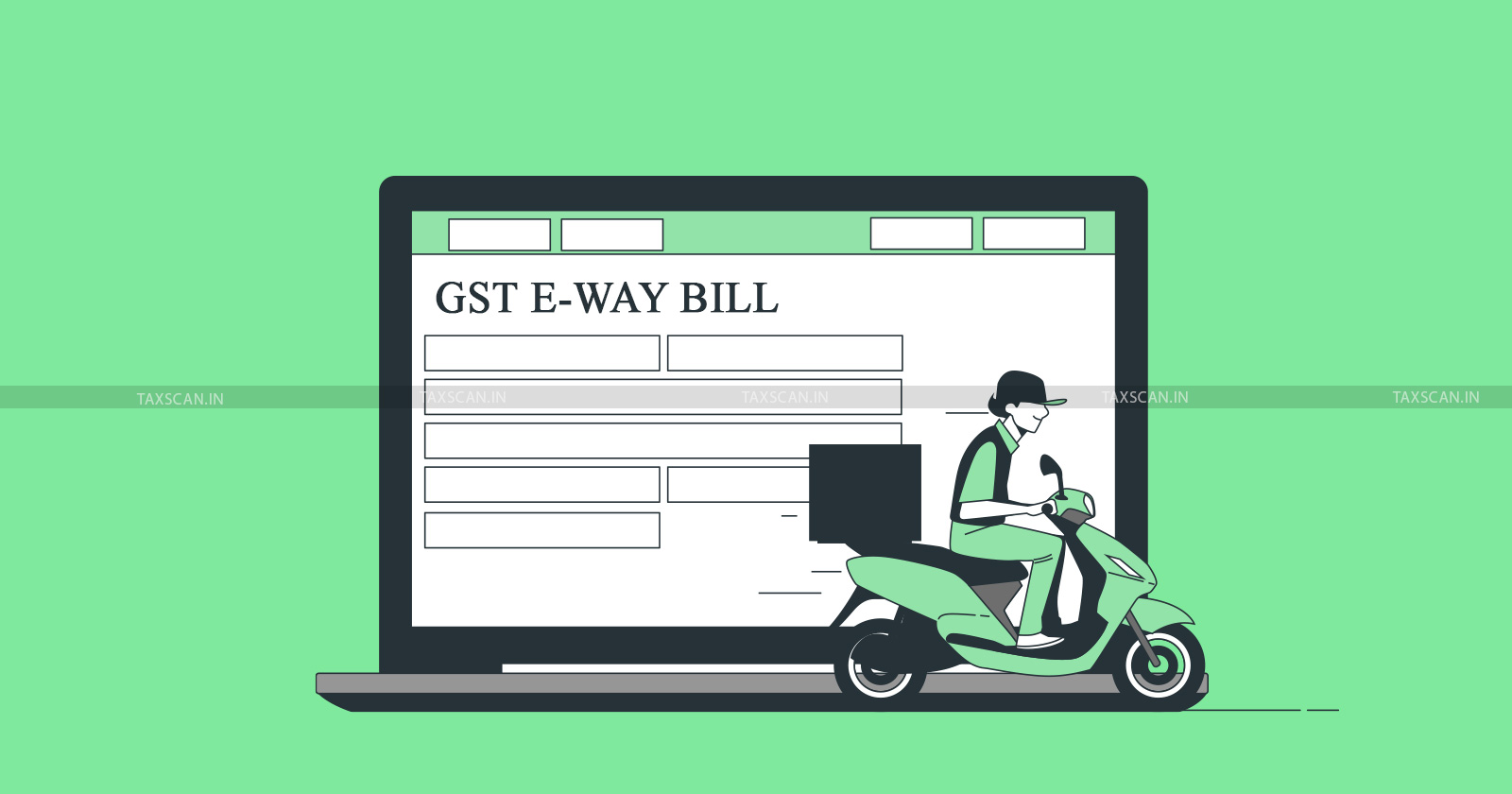Avoid These Costly GST E-Way Bill Mistakes in 2025: A Complete Compliance Guide
Avoiding common E-Way Bill mistakes in 2025 is imporant, as even minor errors can lead to heavy penalties, ITC denial, and detention of goods under GST law

The E-Way Bill system is a digital mechanism used to track goods movement across state and intra-state borders. Under the CGST Act, it is mandatory to generate an E-Way Bill for taxable goods exceeding the INR 50,000 threshold. The system is integrated with the E-Invoice portal, and updates from 2025 have tightened reporting timelines and enforcement standards, increasing the compliance burden on taxpayers.
Traditional Common Mistakes and Their Penalties
Despite evolving technology and automation, several traditional errors continue to attract penalties under Section 125 of the CGST Act and Circular 64/38/2018-GST. These mistakes often arise due to oversight during manual data entry on the ewaybillgst.gov.in portal.
GST READY RECKONER: Complete Topic wise Circulars, Instructions & Guidelines Click here
Examples include:
- Minor errors such as spelling mistakes in consignee names, incorrect PIN codes, or typographical errors in HSN codes or vehicle numbers. These typically attract a fixed penalty of Rs. 1,000 per instance, even if the goods are not detained.
- Major lapses such as transporting goods without a valid E-Way Bill or tax payment, can trigger penalties under Section 129(1), ranging from 50% to 200% of the tax involved, along with the possibility of goods detention and ITC denial.
These penalties have remained consistently enforced and were confirmed by updated guidance on platforms like Indiafilings (December 17, 2024).
New Compliance Introduced in 2025
In 2025, new rules have added technical and procedural layers to E-Way Bill compliance, increasing the risk of unintentional violations:
1. Multi-Factor Authentication (MFA) – Effective April 1, 2025
MFA is now mandatory for login access to the GST portal for e-invoicing and E-Way Bill generation. Businesses that fail to update mobile numbers or designate sub-users may be unable to log in, leading to non-compliance and penalties under Section 122(1)(xiv), which can reach Rs. 10,000 or the tax evaded, whichever is higher.
2. IRN Case Sensitivity Eliminated – Effective June 1, 2025
Invoice Reference Numbers (IRNs) will become case-insensitive, meaning inconsistent invoice formatting (e.g., “abc” vs. “ABC”) could create duplication or rejection errors. Businesses must standardize invoice formats across systems to prevent data mismatches and penalty exposure under Section 122(1)(xiv).
3. 30-Day Time Limit for E-Invoice Reporting – Effective April 1, 2025
Entities with aggregate annual turnover (AATO) exceeding Rs. 10 crore must now upload e-invoices within 30 days of issuance. Late uploads may lead to ITC denial for buyers and attract penalties under Section 122(3)(b), up to Rs. 25,000.
4. 180-Day Document Age Limit for E-Way Bills – Effective January 1, 2025
The GSTN now restricts the generation of E-Way Bills for documents older than 180 days. Any document dated before July 5, 2024, becomes ineligible from January 1, 2025. This may lead to detention and penalties under Section 129(1), up to 100% of tax payable.
5. Maximum E-Way Bill Validity Capped at 360 Days
No E-Way Bill, even with extensions, can remain valid beyond 360 days from the original generation date. For example, an E-Way Bill dated January 1, 2025, must not be valid after December 25, 2025. Violations may invite penalties under Section 129(1) of up to 200% of tax during goods detention.
Clear all Your Doubts on RCM, TCS, GTA, OIDAR, SEZ, ISD Etc... Click Here
Additional Common Mistakes You May Overlook
These errors are often missed but are increasingly being flagged by GST authorities:
- Reusing the Same EWB for Multiple Trips: An EWB is for a single consignment and trip only.
- Not Cancelling an Unused EWB: Failure to cancel within 24 hours of generation can raise audit flags.
- Transport Beyond Valid Distance (Premature Expiry): If you understate distance, the EWB may expire mid-transit.
- Wrong Document Type Selection: For example, using ‘Delivery Challan’ instead of ‘Tax Invoice’.
- No EWB for Rejected Goods Being Returned: Returned goods require a new EWB with reference to a debit note or return challan.
- Transporting in Personal Vehicles Without EWB: EWB rules apply regardless of whether a vehicle is private or commercial.
- Inter-State Movement of Exempt Goods Without EWB: Unless specifically exempt under Rule 138(14), EWB is mandatory.
- Circular Trading Using Fake EWBs: Generating invoices and EWBs without actual movement.
Consequences of Non-Compliance
Non-compliance in E-Way Bill processes can lead to detention of goods, vehicle seizures, and loss of ITC. Financial penalties can be devastating:
- Up to 200% of tax is payable for transporting goods without valid documents.
- 100% tax denial for buyers in cases where suppliers violate e-invoice deadlines.
- Operational delays due to login issues, system mismatches, or rejected documents.
These penalties are not merely theoretical; they have been increasingly enforced in field audits and road checks since January 2025.
Complete Blueprint for Preparing Project Reports, click here
Recommendations for Avoiding Penalties
To remain compliant under the enhanced 2025 regime, businesses should implement the following best practices:
- Ensure MFA Readiness: Update all mobile numbers and assign sub-user roles to prevent login failures.
- Standardize Invoice Formats: Enforce a uniform, case-consistent naming convention for invoice numbers to prevent IRN mismatches.
- Automate E-Invoice Timelines: Integrate ERP systems with GSTN to ensure real-time invoice generation and meet the 30-day deadline.
- Revise E-Way Bill SOPs: Train logistics and warehouse teams to verify document dates and extend E-Way Bills within the 180-day and 360-day windows.
- Establish Internal Controls: Regular audits and automated alerts can ensure timely filing, prevent system lapses, and mitigate financial risk.
Support our journalism by subscribing to Taxscan premium. Follow us on Telegram for quick updates


